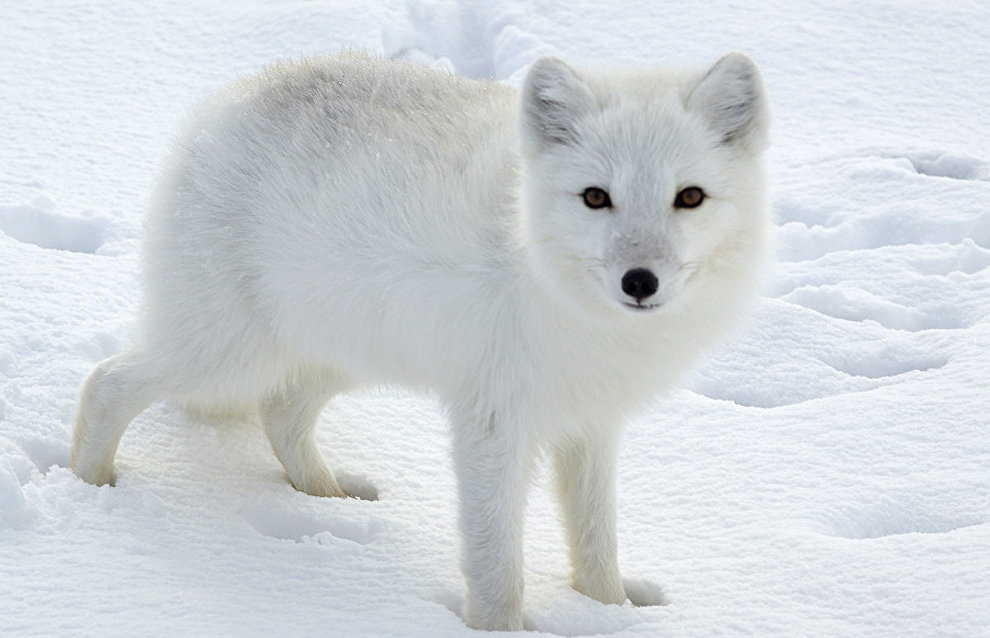Researchers to study Arctic fox migration
Russian researchers plan to study Arctic fox migration with the help of GPS collars, said Viktor Shtro, director of the Labytnangi biological station at the Institute of Plant and Animal Ecology at the Ural branch of the Russian Academy of Sciences.
"We've bought 20 GPS collars and will fix them on Artic foxes to follow their migration routes. There are between 2,000 and 10,000 polar foxes in the Arctic now. We'll start this research in the summer, which will give us more time to study in detail the life of these predators and also to understand why polar foxes changed their migration routes," TASS quoted him as saying.
Mr Shtro also spoke about changes in the Arctic ecosystem, with many new species moving north. "For instance, the number of southern rodents, such as voles, is growing, although for them these are extreme living conditions. At the same time, there is a decline in the number of lemmings that form the basis of the polar fox diet, which may have a negative impact on the polar fox population," Shtro said.
